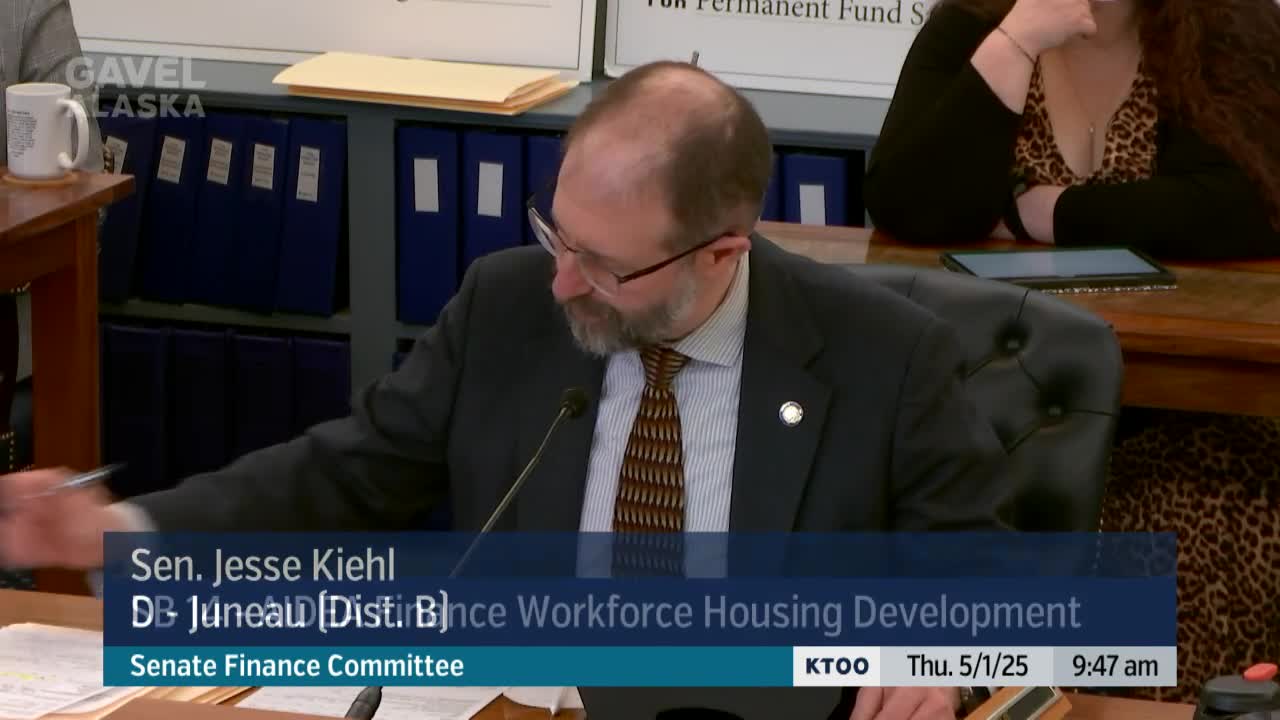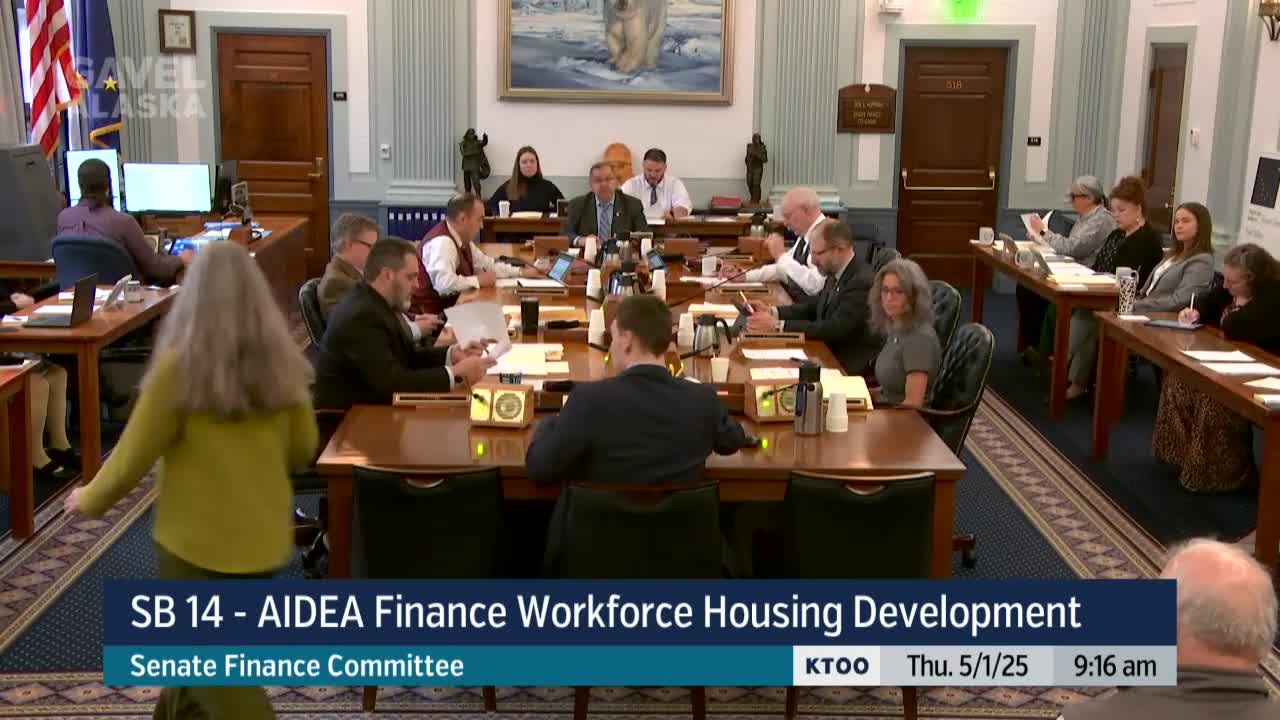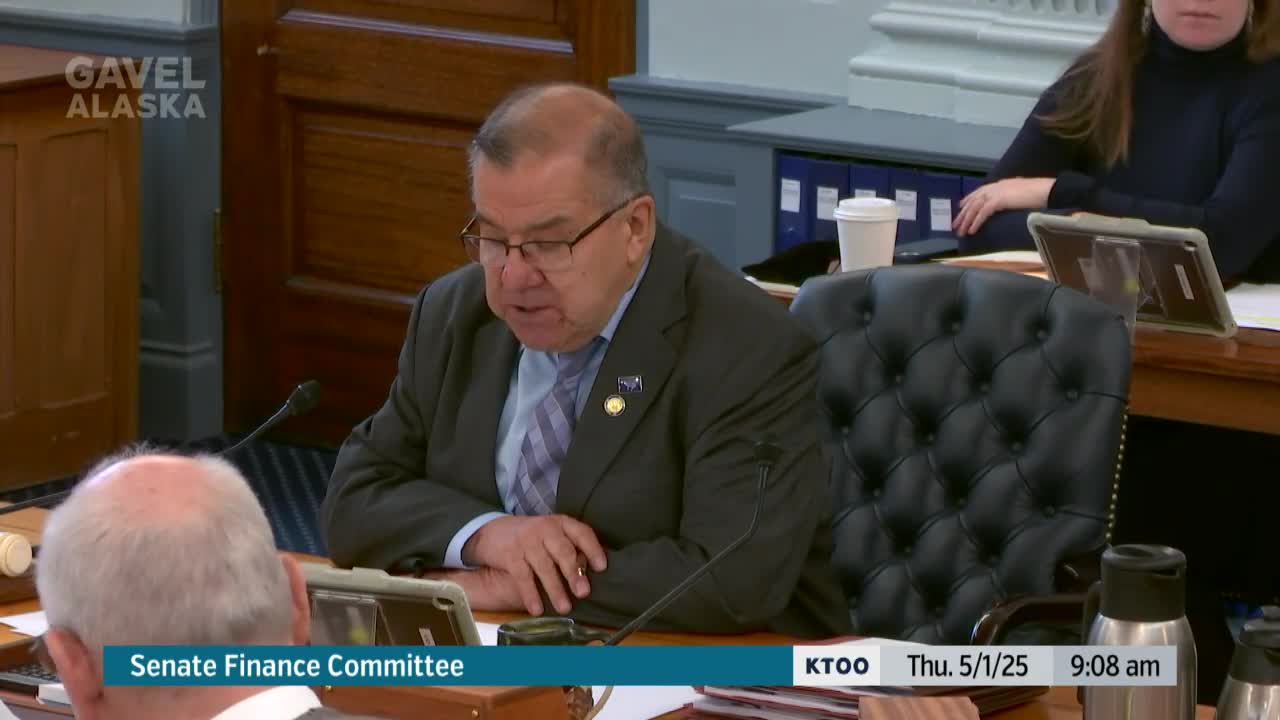Article not found
This article is no longer available. But don't worry—we've gathered other articles that discuss the same topic.

First hearing on HB16: lawmakers consider reinstating campaign contribution limits, indexing to inflation

Senate Finance Committee hears testimony on bill to allow AIDEA to finance workforce housing projects

